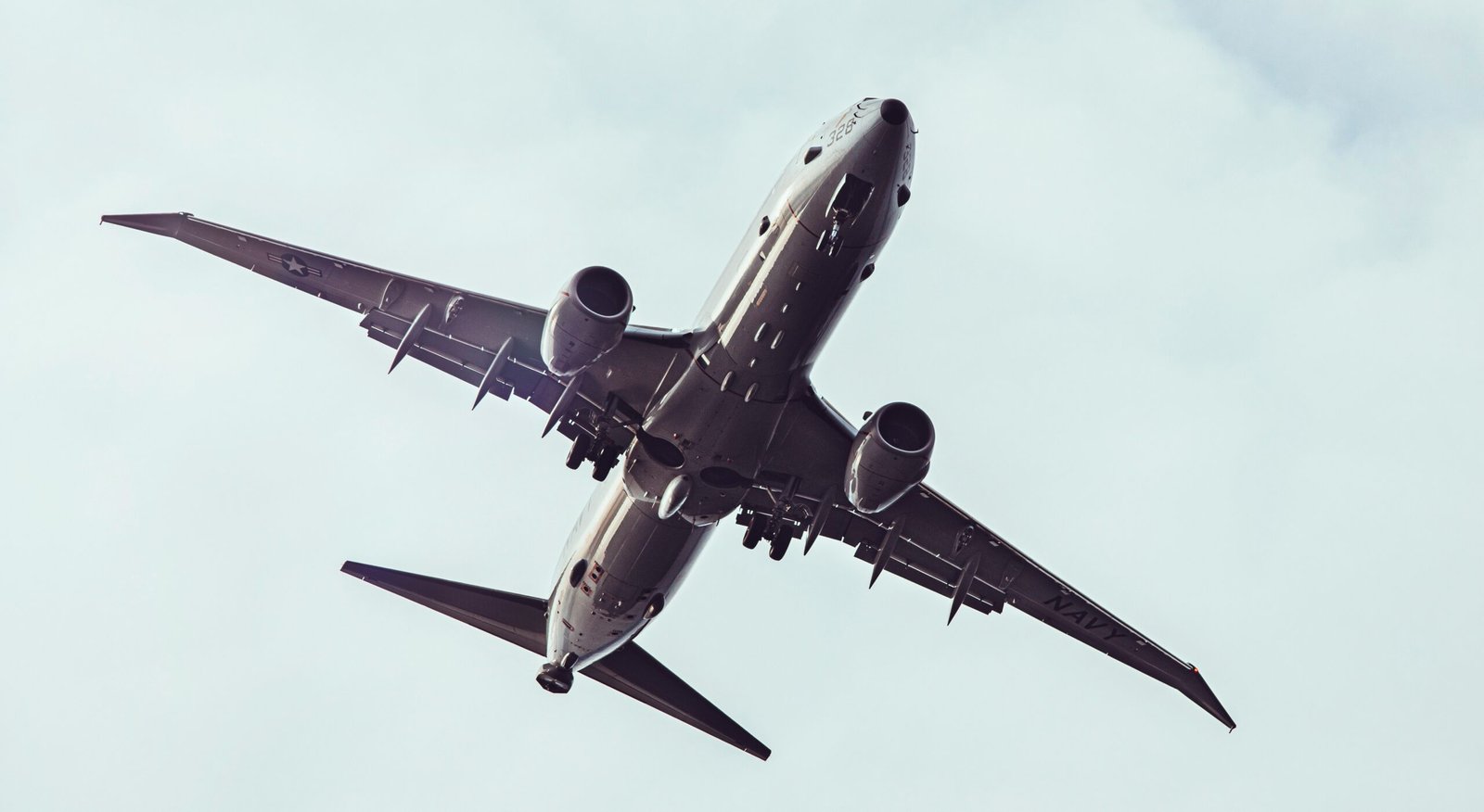1967: The First Boeing 737 Maiden Flight
The aviation industry witnessed a significant milestone on 9th April 1967 when the first Boeing 737 took off on its maiden flight. This event marked the beginning of a new era in commercial aviation, as the Boeing 737 went on to become one of the most successful jetliners in history.
The Boeing 737 is known for its distinctive design and reliability, making it a staple in the world of air travel. With its capacity for short to medium-haul routes, the 737 revolutionized the way people traveled, opening up new possibilities for airlines and passengers alike.
The Birth of a Legend
The maiden flight of the Boeing 737 was a culmination of years of hard work and innovation by the engineers and designers at Boeing. The aircraft was developed in response to the growing demand for a smaller, more efficient jetliner that could serve regional routes.
Boeing’s engineers focused on creating an aircraft that would be both economical and reliable, without compromising on passenger comfort. The result was the Boeing 737, a game-changer in the aviation industry.
On that historic day in April 1967, the first Boeing 737 took to the skies, showcasing its impressive capabilities and setting the stage for future success. The aircraft’s performance during its maiden flight was a testament to Boeing’s commitment to excellence in aerospace engineering.
A Legacy of Success
Since its maiden flight, the Boeing 737 has achieved unparalleled success in the commercial aviation industry. The aircraft has undergone several iterations and improvements over the years, with each new version building upon the success of its predecessors.
Today, the Boeing 737 is the best-selling commercial jetliner in history, with thousands of aircraft serving airlines and passengers around the globe. Its versatility and efficiency have made it the preferred choice for airlines operating short to medium-haul routes.
The success of the Boeing 737 can be attributed to its exceptional performance, fuel efficiency, and passenger comfort. The aircraft’s design allows for quick turnarounds, enabling airlines to maximize their operational efficiency and reduce costs.
Furthermore, the Boeing 737 has continued to evolve with advancements in technology and customer preferences. The latest iteration, the Boeing 737 MAX, incorporates state-of-the-art features and improvements to further enhance safety, fuel efficiency, and passenger experience.
Conclusion
The first Boeing 737 maiden flight on 9th April 1967 marked a significant moment in the history of aviation. It paved the way for the success and legacy of the Boeing 737, which has become the most successful commercial jetliner in history.
Boeing’s commitment to innovation and excellence in aerospace engineering has allowed the 737 to continually evolve and adapt to the changing needs of the industry. The aircraft’s distinctive design, reliability, and efficiency have made it a favorite among airlines and passengers worldwide.
As we reflect on the maiden flight of the Boeing 737, we are reminded of the remarkable achievements and advancements in the field of aviation. The Boeing 737 is a testament to human ingenuity and the relentless pursuit of excellence in aerospace engineering.
References:

